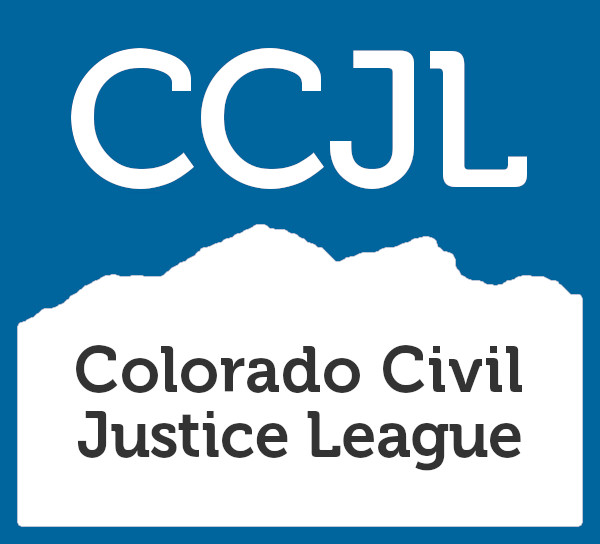By Mark Hillman, Denver Post, January 12, 2025
Everywhere we turn, there’s an ad for a lawyer – on television, streaming services, radio, podcasts, public transportation and, of course, billboards.
Not so long ago, the legal profession observed a self-imposed ban on advertising by law firms, considering such self-promotion unprofessional. In 1977, the Supreme Court ruled such bans to be an unconstitutional restriction on freedom of speech.
What began as a trickle of unremarkable professional services ads is now a deluge. Lawyers in the U.S. spend an estimated $2.4 billion annually on advertising. One survey finds that in 2023 law firms spent more than $40 million on advertising just in Colorado.
Billboard lawyers don’t spend that kind of money because they are desperate. They advertise because litigation is profitable – especially in Colorado.
For reasons that defy common sense, our lawmakers increasingly choose to make filing a lawsuit the first option for solving disputes. In just the past two years, the legislature passed 53 bills that created new opportunities for Coloradans to file lawsuits.
That’s just crazy!
read more…
